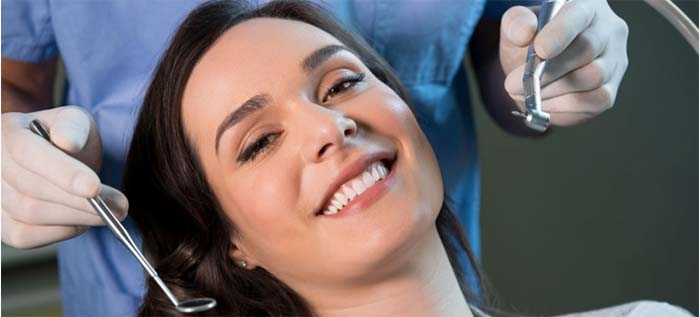How Preventive Dental Care Helps You Save Money

How is your oral hygiene? If your toothbrush has been worn out for months, your gums bleed every time you brush your teeth, and you can’t even remember the last time you visited your dentist, it’s time to change your habits. Symptoms that look harmless might develop into something worse and require costly treatments. In this blog, we talk about how simple preventive measures can help you not only keep good dental health but also save money.
Replace Your Toothbrush
An average toothbrush-nothing fancy or cheap-usually only costs up to $5 and should be replaced about every three months. While we hate goodbyes, if yours is looking like this, just let it go. You need your toothbrush in good shape to ensure that there are no leftover food particles in your mouth that can cause plaque and tooth decay.
Dental Hygiene
Now that you have a new toothbrush, you must know how to use it properly. That’s why we encourage you to take this quiz created by the American Dental Association.
Here are their tips for good dental hygiene:
- It should take at least two minutes to brush your teeth (the average is 45 seconds).
- If you had eaten or drunk something acidic, wait at least 60 minutes before brushing.
- Don’t brush too hard because it may hurt your gums.
- You should floss at least once a day.
Even when you’re not experiencing any symptoms of oral diseases, it’s important to have regular checkups with your dentist every six months.
Periodontal Disease
You’re not the only one who appreciates a sweet dessert. The bacteria present in saliva love it, too! Poor brushing and flossing helps them to form a sticky bacterial plaque. At some point, it hardens and turns into tartar—which can be removed only by a dentist. When tartar spreads below the gum line, it can cause periodontal disease, an infection that might put your dental health at risk.
Here are some symptoms of periodontal disease:
- Bleeding gums
- Loose teeth
- Bad breath
- Sensitive teeth
- Painful chewing
- Receding teeth
Several studies have proven that periodontal disease can cause other health problems, such as diabetes, atherosclerosis, and respiratory issues. The treatment varies according to the stage of the infection: Usually, it involves cleaning the roots of the teeth below the gums, but a corrective surgery may be necessary in extreme cases.
These treatments are complex and, consequently, expensive. If you can avoid all these problems and save money by adopting simple preventive measures, why not?
Book your appointment at Scott Hayhurst Family Dental and let us take care of your oral health! Our clinic is located in Boise, Idaho. Contact us through our website or call 208-376-7721.
